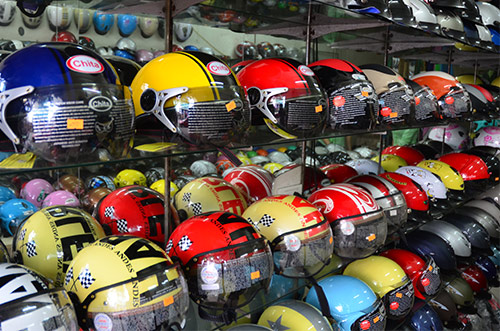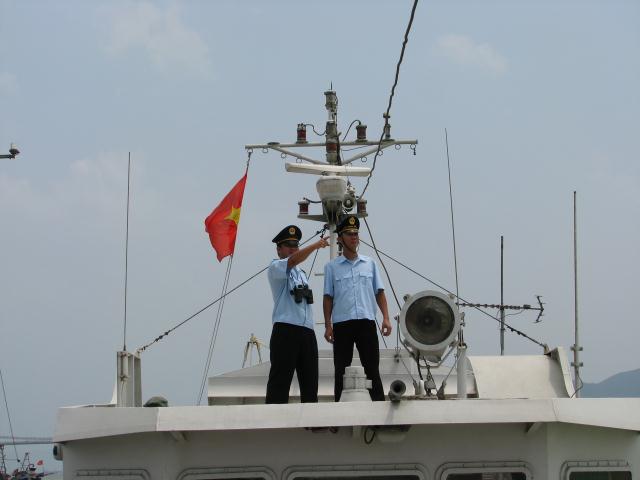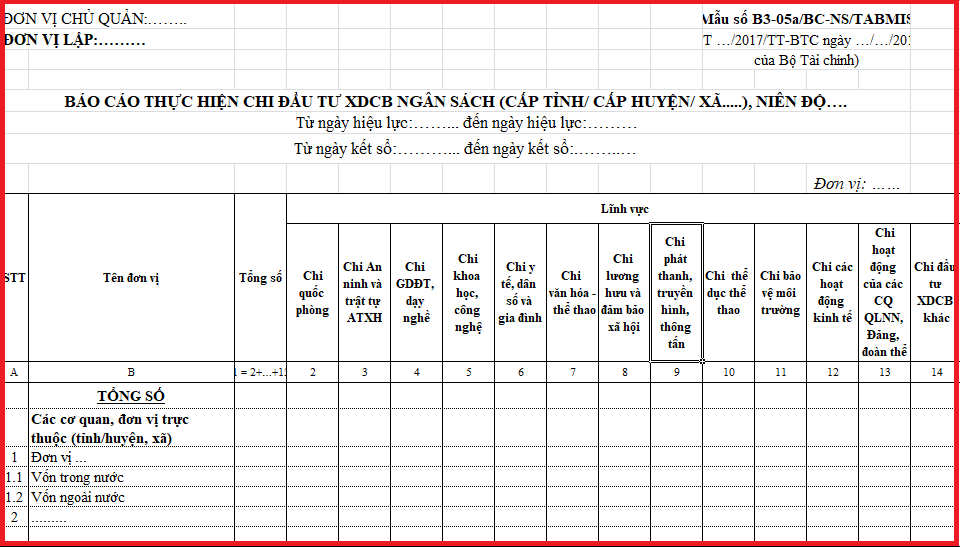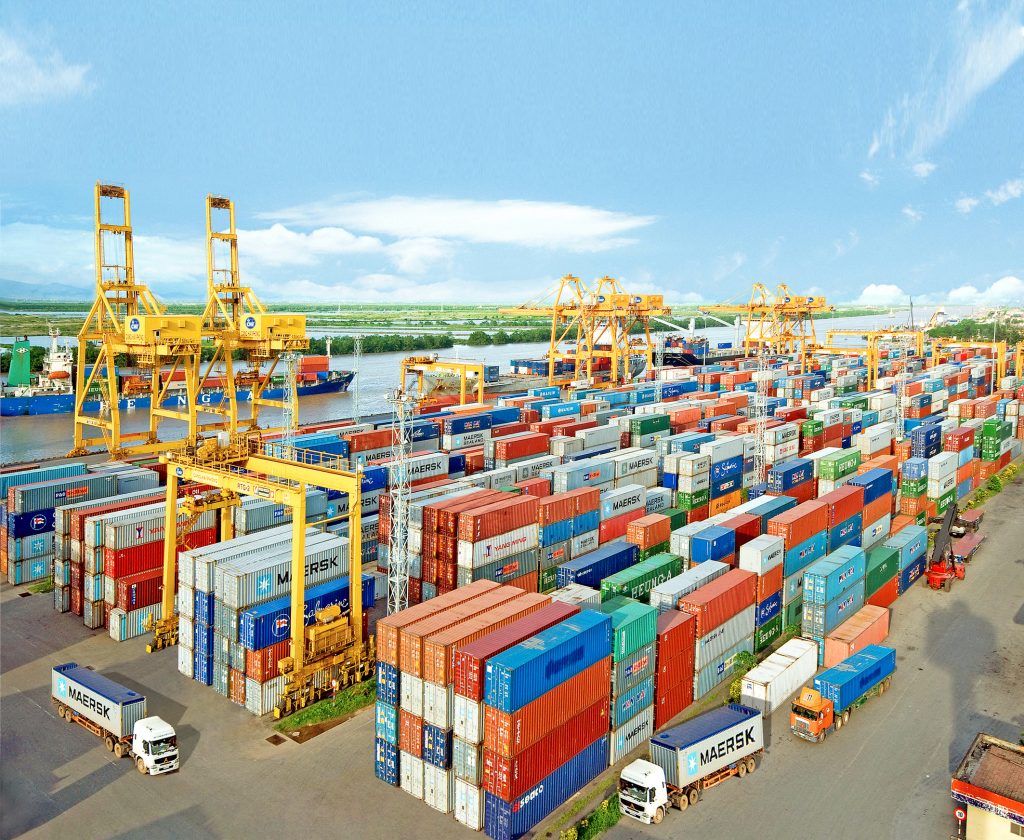The Vietnam Chamber of Commerce and Industry (VCCI) submitted a proposal to remove several business conditions in the draft Law on amendment and supplement to Annex 4 on the list of conditional business lines attached to the Law on Investment. The proposal mentioned the conditions for rice export business.
According to VCCI, rice was previously considered a commodity related to national food security, thus requiring specific management policies. However, the existing laws already have numerous provisions in place to ensure national security, defense, and public interests related to rice products. Furthermore, VCCI believes that as Vietnam is one of the world's largest rice exporters, the likelihood of a shortage of rice for domestic consumption significantly impacting food security is not substantial. Therefore, the requirement for business conditions for rice export enterprises to ensure public interests is unnecessary.
Decree No. 109/2010/ND-CP of Vietnam’s Government sets out the conditions for rice export business as follows:
To export rice, a trader must fully satisfy the following conditions:
a/ Being established and registering business under law;
b/ Having at least 1 (one) warehouse which can store at least 5,000 (five thousand) tons of paddies and meets general regulations;
c/ Having at least 1 (one) rice mill with an hourly capacity of at least 10 tons of paddies which meets general regulations.
The rice warehouse and mill must be owned by the trader and located in a province or centrally-affiliated city which has export commodity rice or an international seaport with rice export activities at the time the trader applies for a certificate.
![]()
Based on the above regulations, many opinions argue that such stringent conditions only allow large enterprises to comply, while small- and medium-sized enterprises lose opportunities to access the market.
Besides, some believe that factors related to the rice export market have changed. The issuance of Decree No. 109/2010/ND-CP provided necessary and appropriate requirements for enterprises to invest in infrastructure, machinery, and equipment to enhance the operation of rice production and export activities, as well as improve the quality of rice; encouraged long-term commitment of businesses to the rice industry. Furthermore, food security requires strict measures, including the need for storage facilities to avoid price fluctuations and unfair competition when signing contracts. However, the application of Decree No. 109/2010/ND-CP is no longer suitable at present.
Vietnam has now participated in various free trade agreements and entered a market-oriented economy, so there is no need for prohibitions or restrictions. Instead, free trade should be encouraged to create equal opportunities for all businesses in this sector to participate and compete fairly.
 Article table of contents
Article table of contents





.Medium.png)
.Medium.png)
.Medium.png)
.Medium.png)
